“Irish-English settlement may offer model for Kosovo”
Elements of the Irish-English settlement may offer a model for how a Kosovo-Serbia deal might be made, says ex-UN Representative in Kosovo Gerard Gallucci.
Sunday, 29.07.2012.
12:28

BELGRADE Elements of the Irish-English settlement may offer a model for how a Kosovo-Serbia deal might be made, says ex-UN Representative in Kosovo Gerard Gallucci. A preparation for a new format of the Belgrade-Pristina talks has led to new ideas of possible solutions. “Irish-English settlement may offer model for Kosovo” Gallucci, a retired U.S. diplomat and UN peacekeeper who served as UN Regional Representative in Kosovska Mitrovica from July 2005 until October 2008, believes that elements of the Irish-English settlement may offer a model for Serbia and Kosovo. He stressed that “the history of Ireland presents interesting points of similarity with that of Serbia and Kosovo, as well as clear differences”. “Ireland won its independence but initially remained associated with the British crown. The Protestant majority in Northern Ireland was allowed to opt out of independent Ireland and remain part of Great Britain. The Republic of Ireland maintained a claim on the north for some decades and still has its tricolor flag that includes orange for the Protestants,” he said in an article for TransConflict. According to Gallucci, this suggests the outlines for a possible agreement between Serbia and Kosovo: Serbian recognition of the independence of Kosovo as an associated state and Kosovo acceptance of the north opting out of its independence to remain part of Serbia. “Serbia and Kosovo can be connected as members of the Balkan Union – along the lines of the EU or its predecessor European Community. Then, through joint entry into the EU as a pair or as a joint customs union. Or through a unification act that would remove borders by allowing dual citizenship and document-free travel inside the combined territory. It is possible to connect them as two states under one crown, like Great Britain and Irish Free State in 1921,” Gallucci told daily Vecernje novosti. When asked whether the Irish-English model meant that Kosovo would in the future join the UN, he said: “When Ireland became independent in 1921, the UN did not exist. However, Irish Free State became a member of the League of Nations in September 1923 and Ireland only became a UN member in 1955. Whether Kosovo will become a UN member is a question for member states that will probably look at the condition of Kosovo’s recognition and relations between Kosovo and Serbia. If Serbia reached some kind of agreement with independent Kosovo, be it recognition or not, it would probably be accompanied by the UN membership,” Gallucci explained. According to him, the agreement is still not in sight and the number of countries that have recognized Kosovo is not even a half of the number of UN member states, despite constant pressure. “Majority of countries that do not recognize Kosovo have their reason not to recognize a precedent of a unilateral secession because for example they can face the same internal requests from their ethnic minorities. It is possible that there are some countries that do not recognize Kosovo but that could make that step as a response to the pressure or a reward, but it is not likely that those will be big powers,” he was quoted as saying. Vecernje novosti
“Irish-English settlement may offer model for Kosovo”
Gallucci, a retired U.S. diplomat and UN peacekeeper who served as UN Regional Representative in Kosovska Mitrovica from July 2005 until October 2008, believes that elements of the Irish-English settlement may offer a model for Serbia and Kosovo.He stressed that “the history of Ireland presents interesting points of similarity with that of Serbia and Kosovo, as well as clear differences”.
“Ireland won its independence but initially remained associated with the British crown. The Protestant majority in Northern Ireland was allowed to opt out of independent Ireland and remain part of Great Britain. The Republic of Ireland maintained a claim on the north for some decades and still has its tricolor flag that includes orange for the Protestants,” he said in an article for TransConflict. According to Gallucci, this suggests the outlines for a possible agreement between Serbia and Kosovo: Serbian recognition of the independence of Kosovo as an associated state and Kosovo acceptance of the north opting out of its independence to remain part of Serbia.
“Serbia and Kosovo can be connected as members of the Balkan Union – along the lines of the EU or its predecessor European Community. Then, through joint entry into the EU as a pair or as a joint customs union. Or through a unification act that would remove borders by allowing dual citizenship and document-free travel inside the combined territory. It is possible to connect them as two states under one crown, like Great Britain and Irish Free State in 1921,” Gallucci told daily Večernje novosti.
When asked whether the Irish-English model meant that Kosovo would in the future join the UN, he said:
“When Ireland became independent in 1921, the UN did not exist. However, Irish Free State became a member of the League of Nations in September 1923 and Ireland only became a UN member in 1955. Whether Kosovo will become a UN member is a question for member states that will probably look at the condition of Kosovo’s recognition and relations between Kosovo and Serbia. If Serbia reached some kind of agreement with independent Kosovo, be it recognition or not, it would probably be accompanied by the UN membership,” Gallucci explained.
According to him, the agreement is still not in sight and the number of countries that have recognized Kosovo is not even a half of the number of UN member states, despite constant pressure.
“Majority of countries that do not recognize Kosovo have their reason not to recognize a precedent of a unilateral secession because for example they can face the same internal requests from their ethnic minorities. It is possible that there are some countries that do not recognize Kosovo but that could make that step as a response to the pressure or a reward, but it is not likely that those will be big powers,” he was quoted as saying.













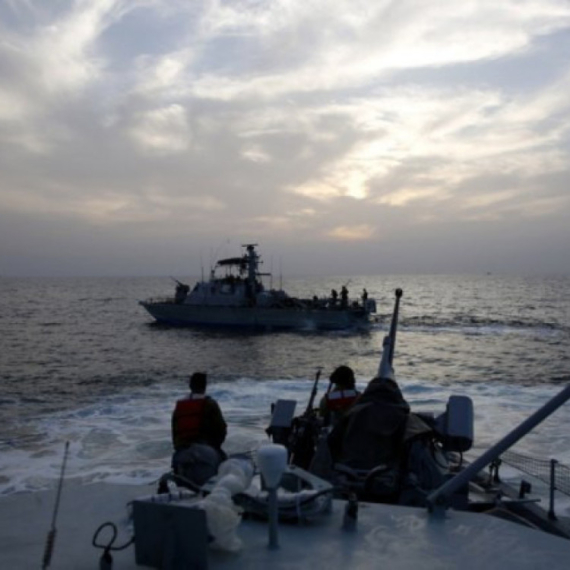

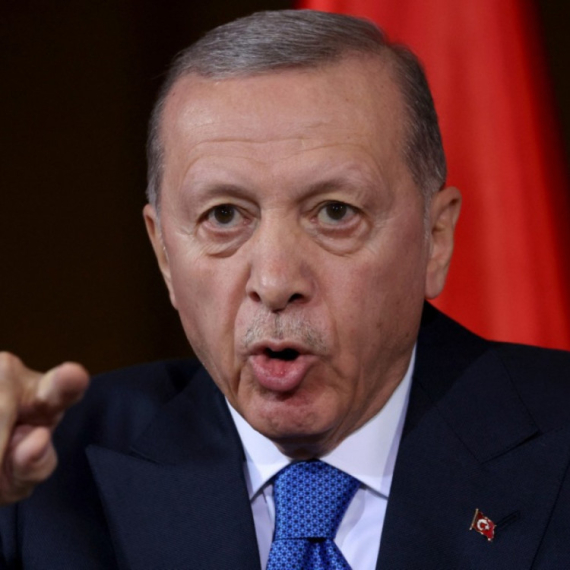
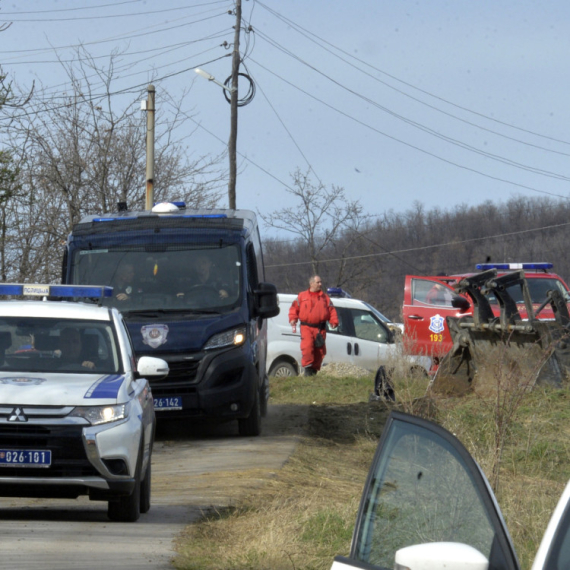
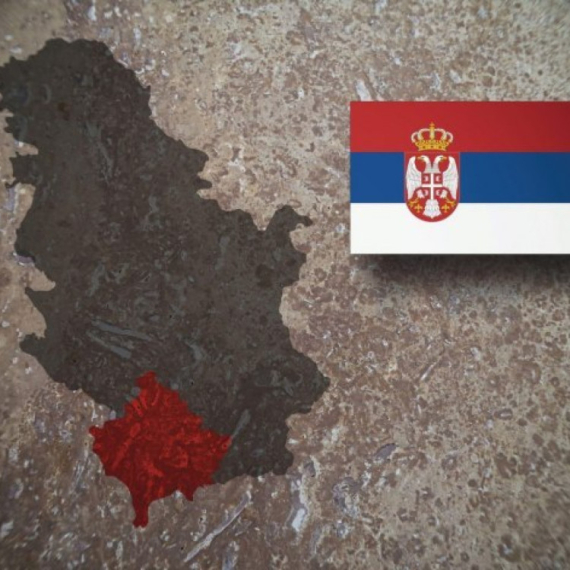
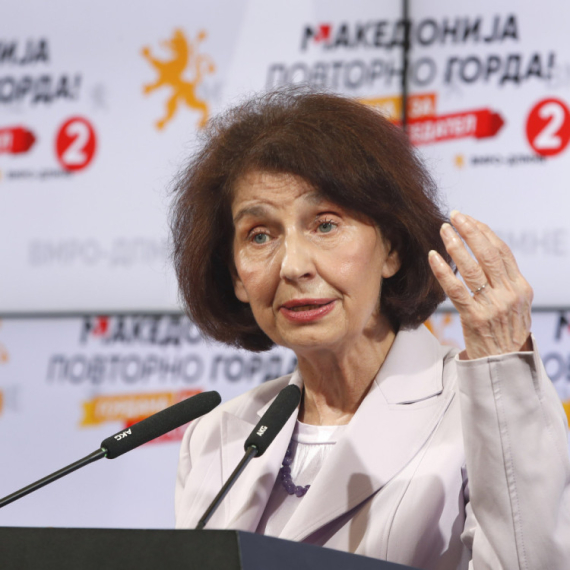


















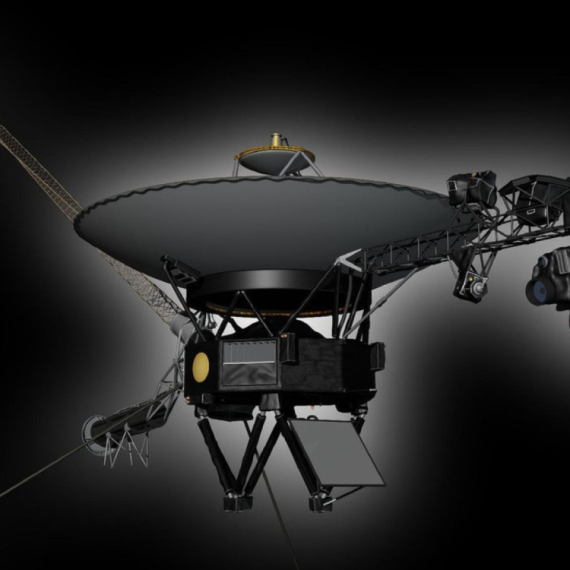





Komentari 10
Pogledaj komentare